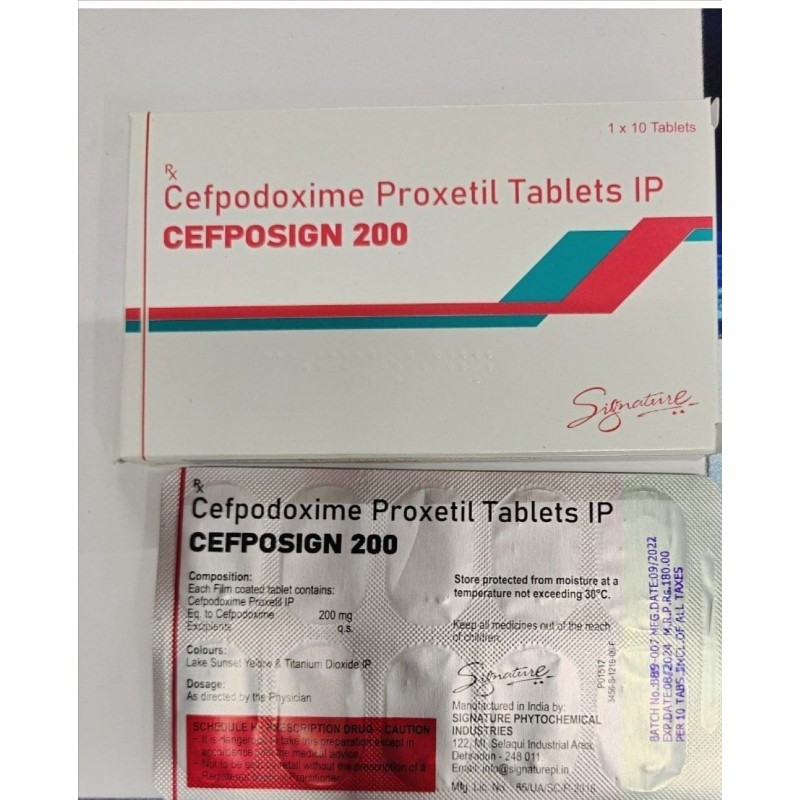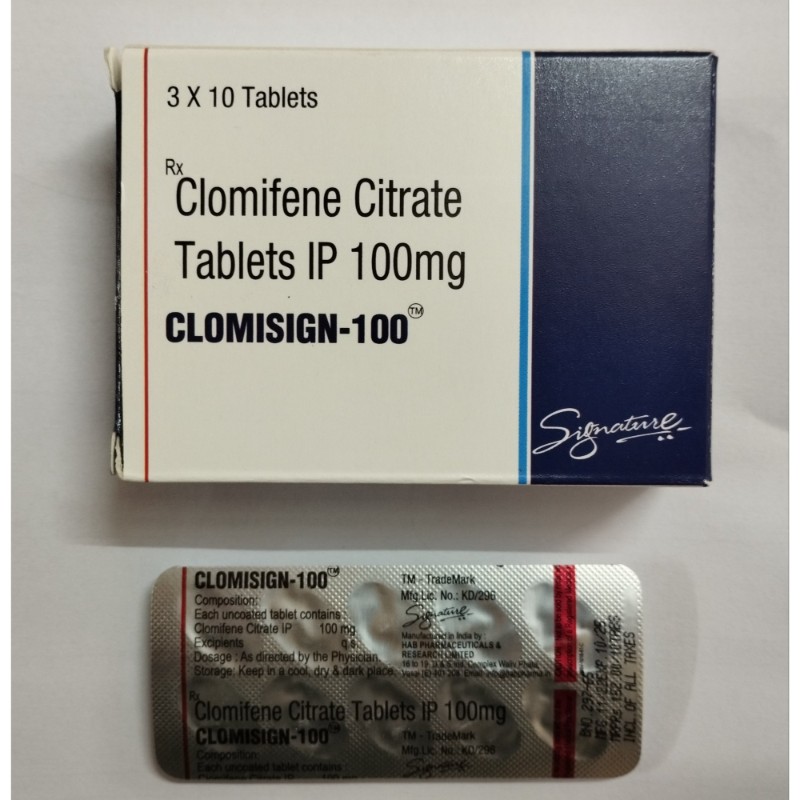Description
Cabergoline: Uses, Benefits, Dosage, and Side Effects
Cabergoline is a prescription medication primarily used to treat disorders caused by high levels of the hormone prolactin. It is commonly prescribed to manage conditions like hyperprolactinemia, pituitary tumors (prolactinomas), and, in some cases, Parkinson’s disease. As a dopamine agonist, Cabergoline works by reducing the amount of prolactin in the body.
What is Cabergoline?
Cabergoline is an ergot derivative that acts on dopamine receptors in the brain. By stimulating these receptors, it inhibits prolactin secretion from the pituitary gland. Elevated prolactin levels can cause symptoms such as infertility, irregular periods, and unwanted breast milk production (galactorrhea) in both men and women.
Common Uses of Cabergoline
-
Hyperprolactinemia: Treats high prolactin levels
-
Prolactinomas: Helps shrink prolactin-producing tumors
-
Parkinson’s Disease: Used in combination with other drugs to improve motor symptoms
-
Off-label uses: Some doctors may prescribe Cabergoline for conditions like sexual dysfunction or Cushing’s disease, under careful supervision
Cabergoline Dosage and Administration
-
Starting dose: Typically 0.25 mg twice a week
-
Maintenance: Adjusted based on prolactin levels and patient response
-
How to take: Orally, with or without food
Always follow your healthcare provider’s instructions. Never increase or decrease your dose without consulting a doctor.
Benefits of Cabergoline
-
Effectively lowers prolactin levels
-
Improves fertility and sexual health
-
Reduces symptoms of prolactinomas
-
May provide motor control improvement in Parkinson’s patients
Side Effects of Cabergoline
Common side effects include:
-
Nausea
-
Headache
-
Dizziness
-
Fatigue
-
Constipation
Serious but rare side effects:
-
Heart valve problems
-
Psychiatric effects (hallucinations, impulse control issues)
-
Pulmonary fibrosis (lung tissue scarring)
If you experience any severe side effects, seek medical attention immediately.
Precautions and Interactions
-
Not recommended during pregnancy unless prescribed
-
Avoid alcohol and certain antibiotics or antifungal medications
-
Inform your doctor if you have high blood pressure, liver disease, or a history of heart problems




Reviews
There are no reviews yet.